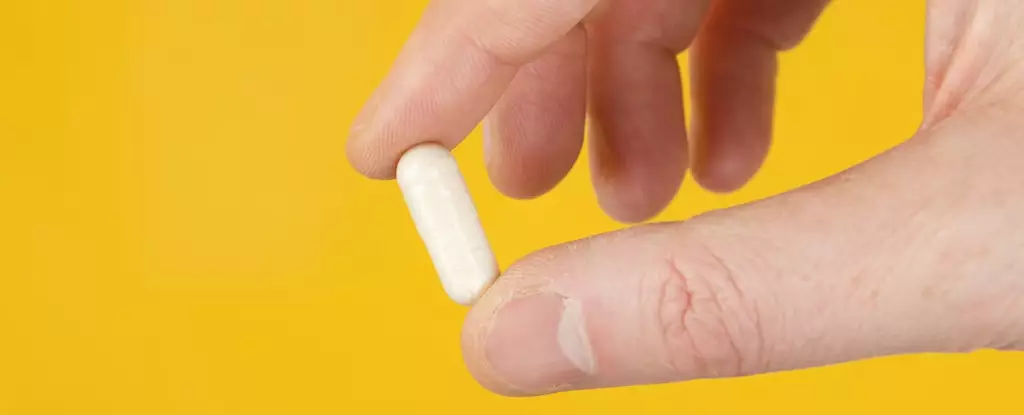The placebo effect is a truly astonishing concept that has baffled scientists and researchers for years. The idea that a simple sugar pill, with no active medical ingredients, can elicit a powerful response in the body is both intriguing and perplexing. What’s even more mind-boggling is that placebos can still work even when individuals are fully aware that they are not receiving any real medication. This strange phenomenon has been recently explored in a groundbreaking study that sheds light on the potential of utilizing placebos to reduce stress levels.
Psychologists conducted a study where a group of 32 volunteers were given a placebo, while another group of 32 individuals received no treatment at all. All participants reported high levels of stress during the COVID-19 pandemic, making them ideal candidates for this research. The results were nothing short of remarkable – the group that took the placebo experienced a significant decrease in stress, anxiety, and depression, despite knowing that they were consuming pills with no active ingredients. This discovery opens up a whole new realm of possibilities in using placebos as a tool for improving mental well-being.
The implications of this study are groundbreaking, as it suggests that even the belief in receiving treatment can have a profound impact on one’s mental health. The researchers behind the study propose that using placebos to alleviate moderate stress could potentially prevent individuals from developing more severe mental health conditions. This non-invasive approach to stress management could revolutionize the way we perceive and treat mental health issues, particularly in situations where traditional services may not be readily accessible.
While the exact mechanisms behind the placebo effect remain somewhat elusive, researchers speculate that a combination of factors, such as implicit expectations, conditioning, and embodied cognition, may play a role in its effectiveness. The ability of placebos to induce positive outcomes without the need for deception opens up a world of possibilities for utilizing this phenomenon in therapeutic interventions.
Despite the promising findings of this study, researchers acknowledge the need for further investigation to solidify the therapeutic value of placebos in mental health treatment. Critics argue that the current evidence supporting the use of placebos is limited by small sample sizes and short-term studies. While placebos hold potential as a control in clinical trials, more extensive research is warranted to fully understand their efficacy and long-term benefits.
The placebo effect represents a captivating area of research that continues to challenge our understanding of the mind-body connection. The groundbreaking findings from this study offer a glimmer of hope for individuals struggling with stress and mental health issues, providing a simple yet effective way to alleviate symptoms and improve overall well-being. As we delve deeper into the mysteries of the placebo effect, we may unlock new possibilities for enhancing mental health care and promoting resilience in the face of adversity.


Leave a Reply